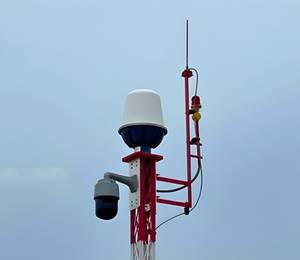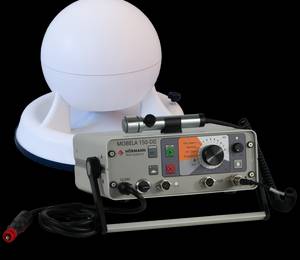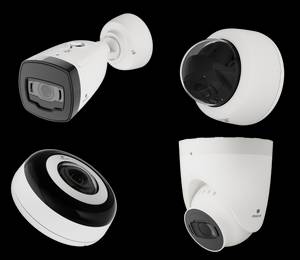Dubai International Airport has come up with a novel way for departing travelers to clear security: by walking through a virtual aquarium lined with facial recognition cameras.
According to a report from The National, the virtual aquarium is shaped like a tunnel, and outfitted with 80 cameras that can scan faces and irises as passengers walk through. The images inside the tunnel can be changed to show different landscapes, like deserts, or to display advertisements. Once a traveler reaches the end, they’ll either be cleared with the message “have a nice trip,” or a red sign will be displayed to alert security.
The aquarium doesn’t just hide the facial recognition tech — it also encourages travelers to look around, and increase the quality of their face scan. “The fish is a sort of entertainment and something new for the traveller but, at the end of the day, it attracts the vision of the travelers to different corners in the tunnel for the cameras to capture his / her face print,” Major Gen Obaid Al Hameeri, deputy director general of Dubai residency and foreign affairs, told The National.
The project is being developed in a partnership with the airline Emirates. Dubai Airport plans to install the first of these virtual walkways by the end of summer 2018 at Terminal 3 where, with other terminals following in phases until 2020. The idea came about when officials were considering how to accommodate the growing number of passengers passing through Dubai each year, with 124 million expected to pass through all Dubai airports by 2020.
Facial recognition is increasingly used at airports for security and processing purposes. Delta Air Lines uses the technology to speed up bag drops, while a new biometric exit system is coming to US airports, designed to track visa holders’ faces as they leave the country. But there are also privacy concerns over the technology’s spread. Google and Facebook are currently facing lawsuits over their facial recognition systems, and there are serious questions over whether the benefits of the technology outweigh the costs to privacy.











